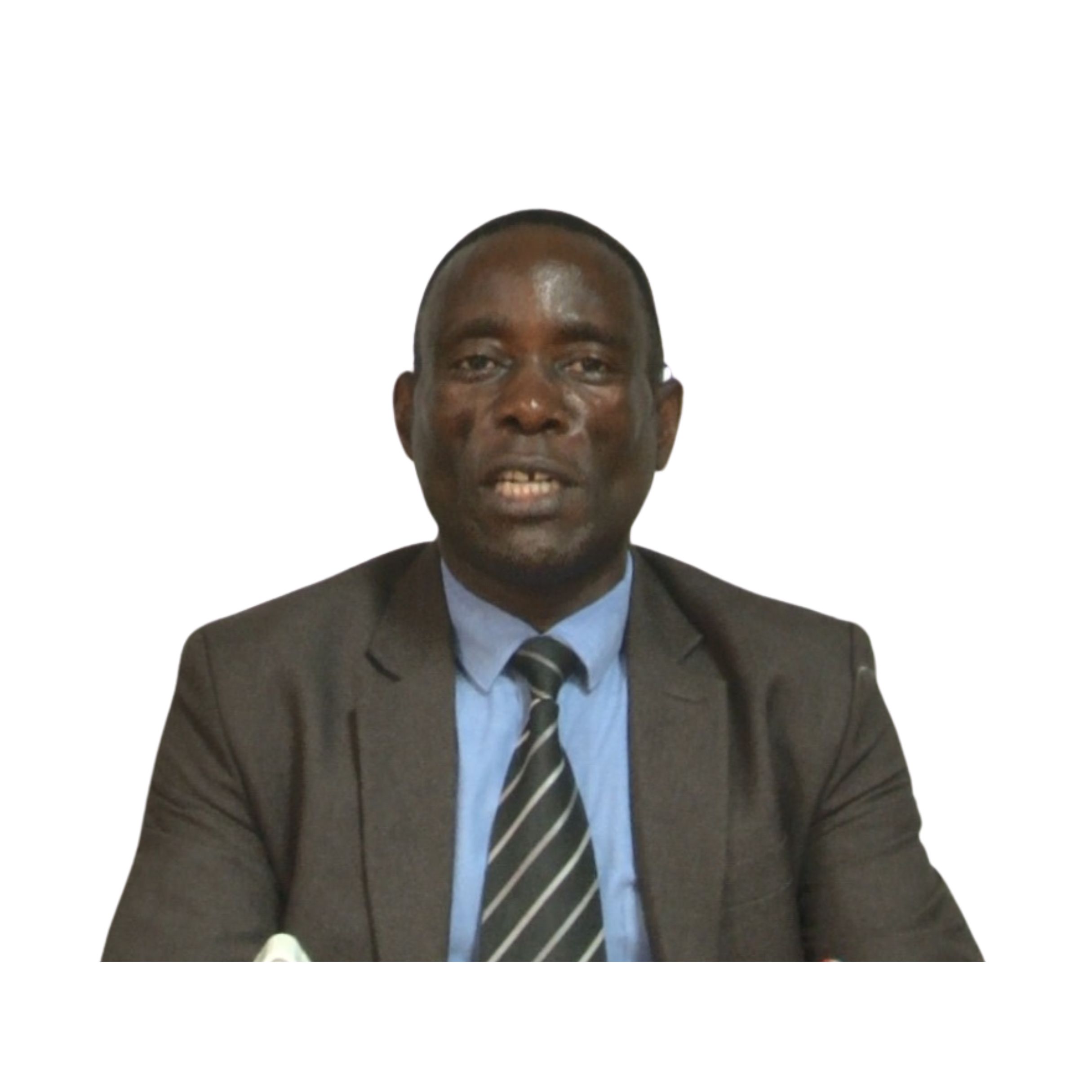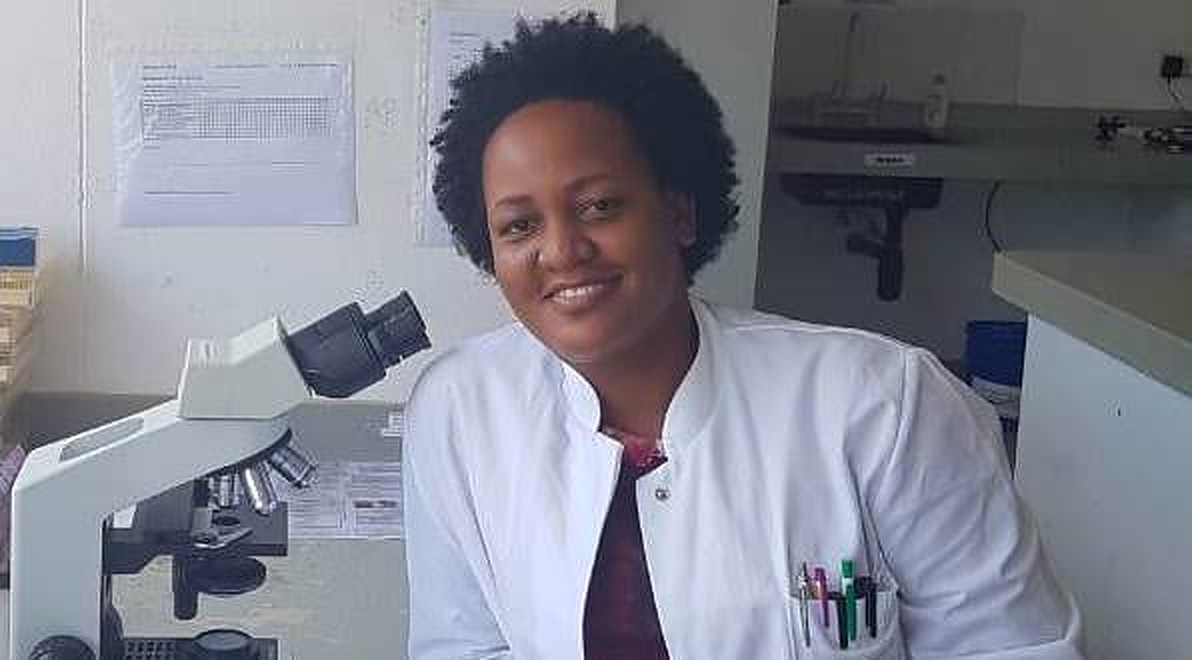In a historic first for Tanzania’s oldest state medical school, a Pharmacology Professor, Apolinary Kamuhabwa, has been appointed as the Vice Chancellor of Muhimbili University of Health and Allied Sciences (MUHAS), an appointment that marks a significant shift in leadership, placing a pharmacist at the forefront of Tanzania’s healthcare academia.
Traditionally, medicine has held a more prominent position within the healthcare hierarchy in Tanzania, likely due to the historical emphasis on physician-led care. There is an ongoing, subtle push for non-medicine professionals to lead health institutions.
Prof. Kamuhabwa, a seasoned researcher and academic, has been described by his students and academics as a person who brings a wealth of experience to the position.
He is very practical, solutions-oriented…
One of Kamuhabwa’s former students who is now a lecturer at the School of Pharmacy at MUHAS
His student’s sentiments are echoed by other high-profile leaders at the National Institute for Medical Research (NIMR) and in clinical practice, such as Dr. Elisha Osati, a Physician at Muhimbili National Hospital (MNH) who describes Kamuhabwa as a person with “leadership experience, qualifications and quality.”
Kamuhabwa’s journey began in 1994, graduating with a pharmacy degree from the University of Dar es Salaam. Driven by a passion for understanding the intricate mechanisms of drugs and their impact on human health, he embarked on a quest for deeper knowledge. He pursued his Master's, PhD, and Postdoctoral fellowship in Pharmacology at the renowned Catholic University of Leuven in Belgium, solidifying himself as an expert in the field.
Returning to Tanzania in 2001, Professor Kamuhabwa joined Muhimbili University as a lecturer, quickly rising through the ranks to attain the prestigious title of Professor in 2016. His research focus on therapeutics and pharmacological interventions in infectious and non-infectious diseases has led him to delve into areas like malaria, HIV, and neglected tropical diseases.
He has conducted research on malaria during pregnancy, cancer, and cardiovascular diseases, demonstrating his dedication to tackling a diverse range of health challenges.
Professor Kamuhabwa’s two decades of research have yielded over 110 peer-reviewed publications, contributing significantly to the advancement of medical knowledge. He has also nurtured the next generation of researchers, guiding more than 16 Masters and 6 PhD students to academic success. His commitment to capacity building extends beyond academia, as he has collaborated with numerous organizations like USAID, Sida-Sweden, and the European and Developing Countries Clinical Trials Partnership (EDCPT) to strengthen Tanzania’s healthcare system.
Leadership roles within Muhimbili University have honed Professor Kamuhabwa’s administrative prowess. He served as Director of Planning and Development from 2007 to 2015, and later as Deputy Vice Chancellor for Planning, Finance, and Administration from 2015 to 2017. His understanding of the university’s inner workings, coupled with his proven leadership skills, proved invaluable during his stint as Acting Vice Chancellor from September 2017 to June 2018. He returned to the role in June 2023, demonstrating the confidence his peers and superiors have in his abilities.

Professor Kamuhabwa’s commitment extends beyond the walls of Muhimbili. He actively advocates for Sickle Cell Disease awareness in Tanzania, serving as an advisor for the university’s Sickle Cell Program and participating in high-level discussions at the United Nations General Assembly. He also sits on the boards of major institutions like the Tanzania Medicines and Medical Devices Authority, the Jakaya Kikwete Cardiac Institute, and the Catholic University of Health and Allied Sciences in Tanzania, further solidifying his dedication to improving healthcare across the nation.
Academics who spoke to MedicoPRESS said Kamuhabwa’s deep understanding of pharmaceuticals, coupled with his extensive research and leadership experience, positions him to lead Muhimbili into a new era of innovation and excellence. His commitment to capacity building, collaboration, and advocacy promises to not only elevate the university’s academic standing but also improve healthcare delivery across the country.
There is a general feeling that as Professor Kamuhabwa takes the helm, Tanzania can anticipate a future where pharmaceutical expertise is harnessed to tackle health challenges head-on, paving the way for a healthier and more vibrant nation. It remains to be seen what his 5-year tenure entails.







